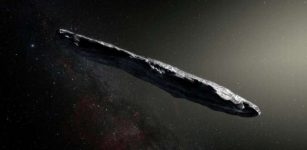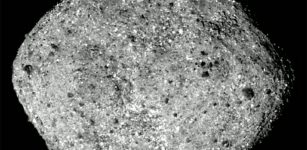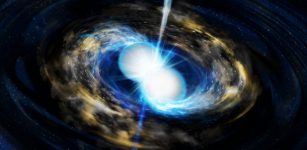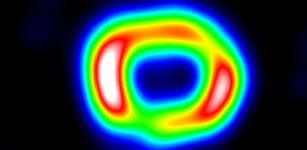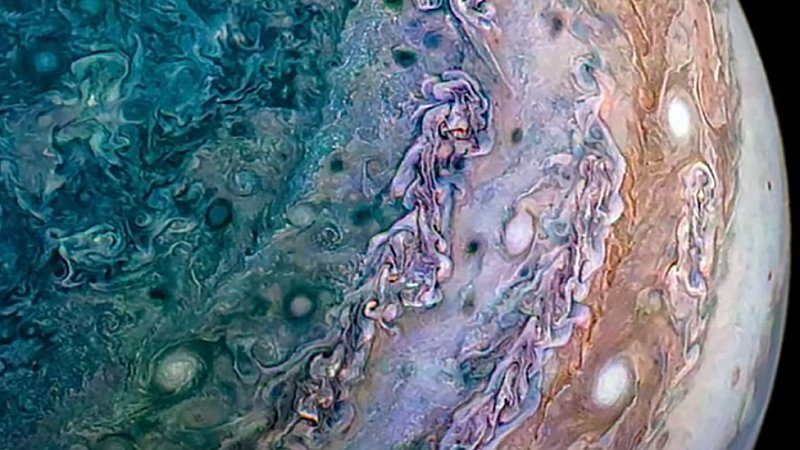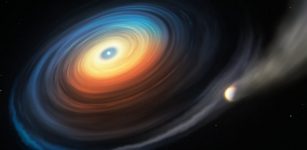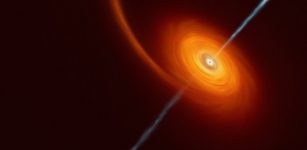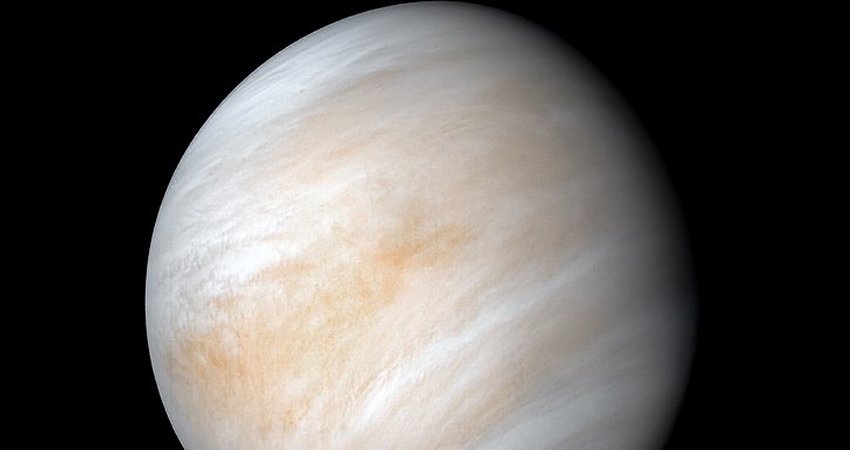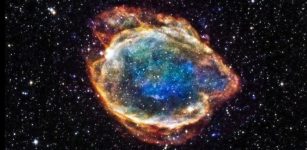Biggest Known Black-Hole Collision Detected
MessageToEagle.com – An international team of scientists have detected ripples in space and time, known as gravitational waves, from the biggest known black-hole collision that formed a new black hole about 80 times larger than the Sun – and from another three black-hole mergers.
ANU is playing a lead role in Australia’s involvement with the gravitational wave discovery through a partnership in the Advanced Laser Interferometer Gravitational-wave Observatory (LIGO), which is based in the United States.
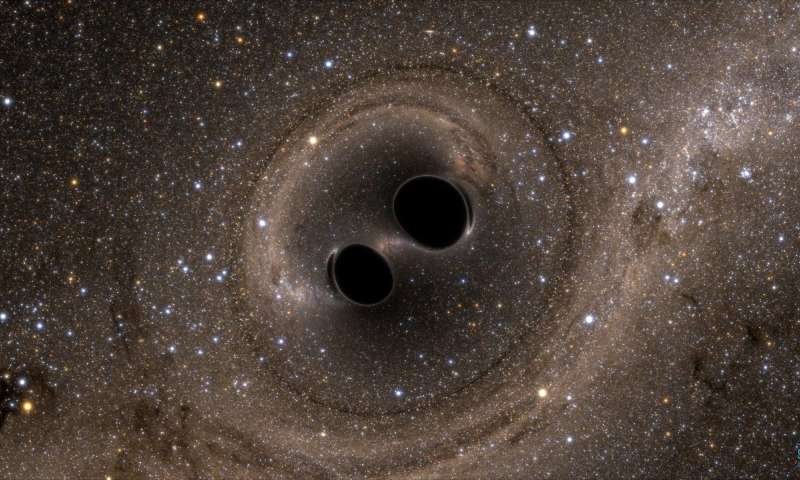
Scientists detected the event that formed the biggest known black hole from a merger of a binary system of two black holes on 29 July 2017. The event occurred about nine billion light years away.
“This event also had black holes spinning the fastest of all mergers observed so far. It is also by far the most distant merger observed,” Professor Susan Scott, who is Leader of the General Relativity Theory and Data Analysis Group at ANU, said in a press release. and added that the team discovered the four collisions by re-analysing data from Advanced LIGO’s first two observing runs.
The three other black-hole collisions were detected between 9 and 23 August 2017, were between three and six billion light years away and ranged in size for the resulting black holes from 56 to 66 times larger than our Sun.
“These were from four different binary black hole systems smashing together and radiating strong gravitational waves out into space,” Scott explained.
“These detections of black-hole collisions greatly improve our understanding of how many binary black hole systems there are in the Universe, as well as the range of their masses and how fast the black holes spin during a merger.”
The researchers plan to continually improve the gravitational wave detectors so they can detect cataclysmic events much further out in space, one day hoping to reach back to the beginning of time just after the Big Bang which cannot be done with light.
MessageToEagle.com


